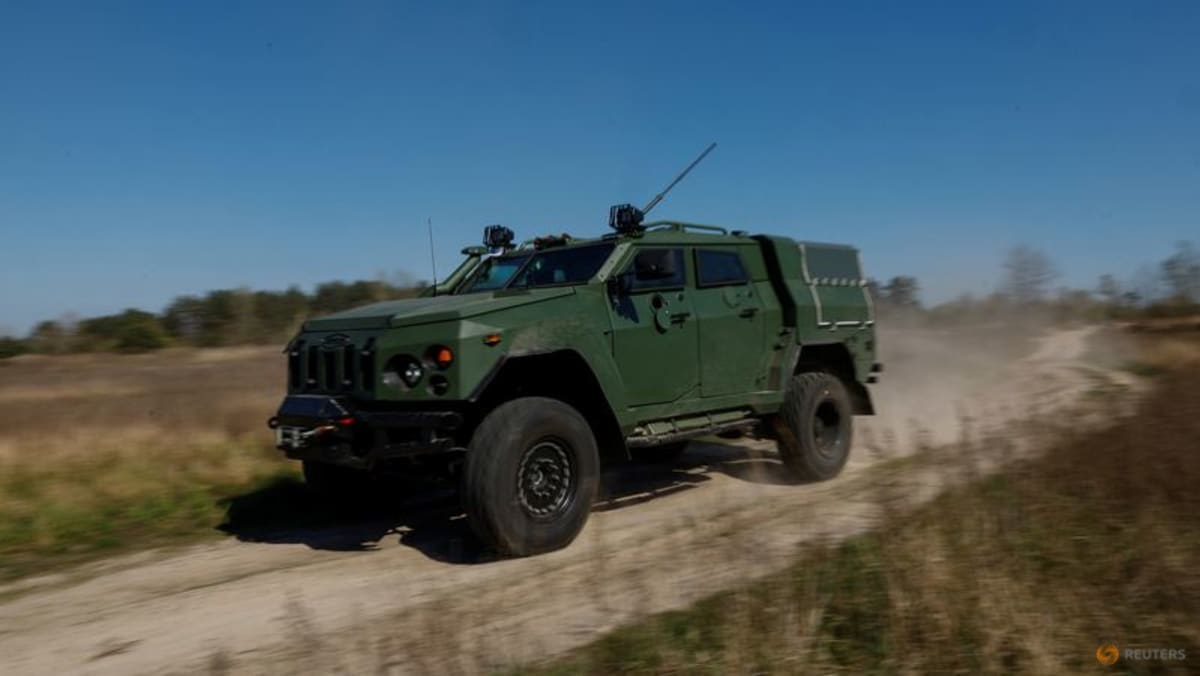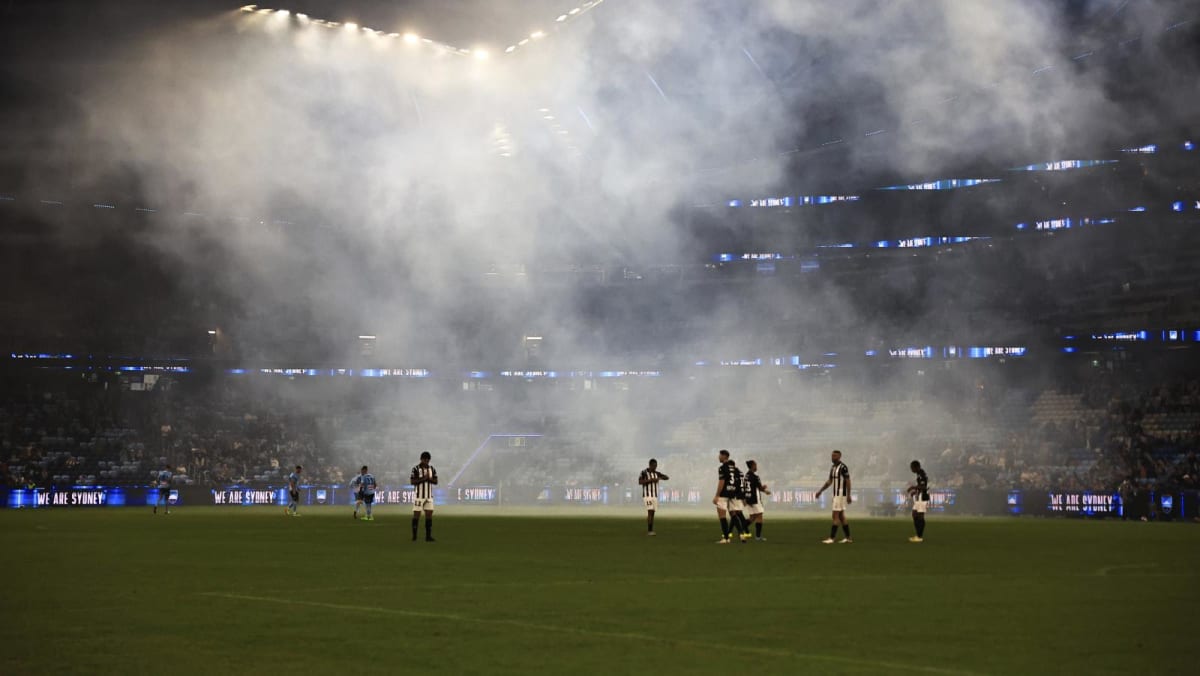EXETER, United Kingdom: On Mar 22, the Kremlin officially declared, two years into its full-scale invasion of Ukraine, that Russia is in a state of war.
“Yes, it started as a special military operation,” said Vladimir Putin’s spokesman, Dmitry Peskov, in an interview with a pro-Kremlin newspaper, Argumenty i Fakty. “But as soon as this gang developed and the collective West started participating in the conflict on the side of Ukraine, for us it became a war,” he added.
This declaration marks a departure from Russia’s previous discourse on the conflict in Ukraine.
Since the invasion began on Feb 24, 2022, the Russian government and media outlets have consistently used the term “special military operation” to refer to the attacks on its neighbour’s territory.
Russia made extensive efforts to refrain from labelling the military conflict in Ukraine a war. Moreover, it enacted new laws criminalising the use of the term “war”, imposing fines and imprisonment for individuals accused of “discrediting” Russia and disseminating “misinformation”.
The Kremlin spokesman’s recent comments have been widely interpreted as the first official acknowledgment from Russia that the conflict in Ukraine is a war. However, Russian President Vladimir Putin already used the term “war” on Dec 22, 2022 to refer to the fighting in Ukraine.
On that occasion, Putin’s remark was likely a slip of the tongue. This time, however, the Kremlin’s use of the word “war” seems intentional and strategic. Russia’s changing language on fighting in Ukraine conveys three important messages.
INTERNAL MOBILISATION
The Kremlin’s shift in terminology is primarily driven by the need to escalate its war efforts.
Through semantic camouflage, the Kremlin aimed to create an illusion that military actions would not significantly disrupt the daily lives of most Russians.
However, the idea that Russian forces are not engaged in a real war with Ukraine has become increasingly untenable.
The scale of casualties, a significant increase in defence spending and military production, and the frequency of Ukrainian strikes penetrating deep into Russian territory all point to the reality of an actual war.
Mark Galeotti, a prominent expert on Russia’s security strategy, has argued that Peskov’s remarks sent a clear message to the Russian populace, that “every Russian get into a wartime mindset, and realise there is now no middle ground between being a patriot and a traitor (as Putin defines these)”.
THE SCALE OF OPERATIONS
Second, the change in Russia’s official terminology indicates a potential escalation of its military operations in Ukraine and a heightened focus on its political objectives. According to Russian military thinking, “war” represents the most intense form of military conflict, while other types, such as a “special military operation”, fall on a spectrum of warfare but are less intense.
Hence, the Kremlin’s use of the term “special military operation” regarding its efforts in Ukraine was a deliberate attempt to shape perceptions about its offensive, suggesting that it would be limited in time and scale.
Russia no longer needs to conceal its true intentions by playing with words. Indeed, in his interview with the Russian newspaper, Peskov mentioned the annihilation of Ukrainian statehood, saying that Russia cannot allow the existence of a state that has openly declared its intent to use any means necessary to reclaim Crimea.
RUSSIA VS THE WEST
Peskov also explained this change of language as a response to the West’s increasing involvement in Ukraine. Thus, the Kremlin’s statement conveys that Russia does not hesitate to engage in direct conflict with the West to safeguard its interests in Ukraine. Indeed, Putin declared in March that Russia is technically ready for a nuclear war with the West if the United States sends troops to Ukraine.
Peskov’s recent remarks are not the first instance of a Russian official highlighting the West’s involvement in the Ukraine conflict. For more than two years, the Russian state has frequently accused the United States, and by extension the West, of conducting hybrid warfare against Russia by supporting Ukraine. Such rhetoric has consistently emphasised the indirect role of the West in the conflict.
However, the Kremlin’s recent statements suggest a shift, indicating that Russia views the West as a direct participant in the war in Ukraine. This is particularly notable, coming just three days after the head of the Russian Foreign Intelligence Service, Sergei Naryshkin, claimed that France was preparing to deploy 2000 troops to Ukraine.
Russia has recently gained the upper hand in its war on Ukraine, although the Ukrainian military and people have shown admirable resilience. With Russia’s official declaration of war signalling an escalation, the West might face a critical juncture, forcing a decision on further actions in response.
Tarik Solmaz is a former defence analyst and PhD candidate at the University of Exeter, Strategy and Security Institute. This commentary first appeared on Lowy Institute's blog The Interpreter.












 English (US) ·
English (US) ·  Turkish (TR) ·
Turkish (TR) ·